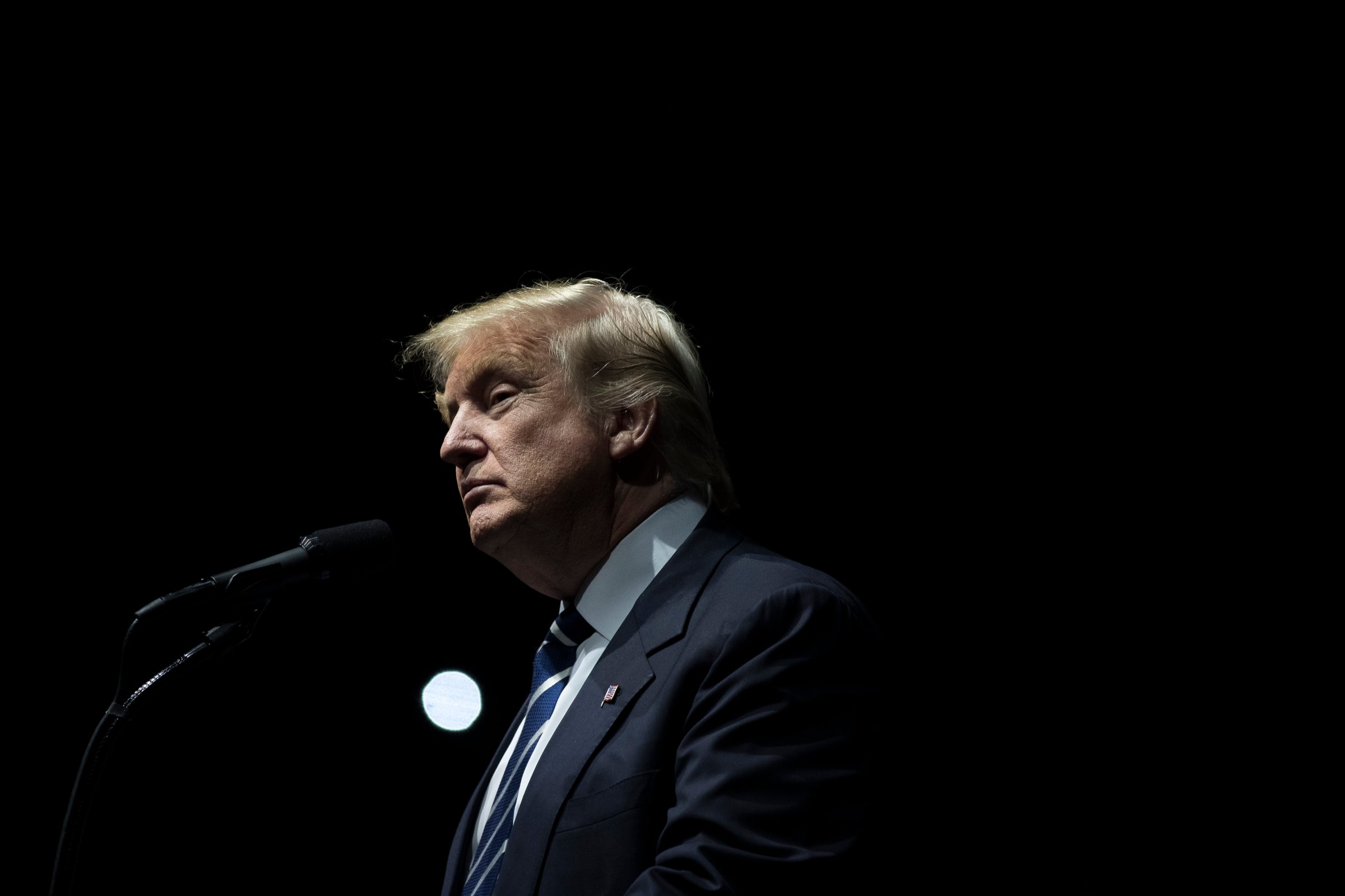
Miller is a financier who writes about political economics, China and current affairs
It has been a pretty speedy descent from truth to truthiness to fake news. And many of us are asking ourselves if should we just throw in the towel and start putting out fake news of our own. The late Senator Daniel Patrick Moynihan famously said, “Everyone is entitled to his own opinion, but not to his own facts.” In our time, many beg to differ.
On the so-called “progressive” end of the political spectrum, which I am happy to inhabit, a common narrative about the recent presidential election is that we lost the battle in the media due, in good part, to unfair and dishonest manipulation by the Trump side. Once you believe that, it is a small step to Why not do likewise and win next time? This is a question I have heard in several conversations—never advocated for, but nonetheless raised.
The special problem with fake news in a democracy—as opposed to satire, spoofs and performance art—is that if citizens can be made to believe completely fabricated stories, we will choose our leadership based on false information. Although Trump lied repeatedly on his way to winning the election, this did not prevent him from winning the hearts and minds of nearly 63 million voters. Most likely, it helped.
Perhaps you know that Hillary Clinton is not the overlord of a satanic cult or a ring of pedophiles, but such stories were certainly produced and consumed by significant numbers of voters. Moreover, in a case where the lie is more believable (like, for example, Hillary is suffering from some terminal malady) how certain, really, are you that it is false? Somehow, we have devolved to a point where moral equivalence is given to stories made up from whole cloth. Yet especially at this time of hyper-connectivity, a rebuttal simply perpetuates the original meme, linking a candidate stickily in the mind of the voter to a despicable or otherwise disqualifying attribute.
Over the centuries, philosophers have inquired as to the nature of truth. Modern theories put their own variation on the question of whether there is such a thing as objective reality, going so far as to aver that there is no objective reality other than our own beliefs. Contemporary science, with its ever-greater ability to see subatomic particles has, paradoxically, thrust us into a world where probability has replaced certainty. And politics seems to be mimicking contemporary philosophic and scientific uncertainties. If, finally, there is no objective reality we can be sure is true, then why not just pick one’s own favorite narrative and call it truth?
That “the first casualty of war is truth” is a verity that has been known for centuries. And if this is war, why should progressives not lie in the service of a greater truth? So, the heck with it, right? We have a president-elect who has seated America’s top ultra-right-wing propagandist at his right hand. Why not take off the gloves and say, “When they go low, we go lower”?
Well, one problem is that precisely at the juncture where the end of preserving a greater truth justifies the means of one lie or another, we risk infecting ourselves (and the end we achieve) with the methods we have chosen to achieve them. Just as a revolutionary who seizes power in the name of the people through bloodshed unwittingly transforms into a murderous dictator, if you lie your way into power, will you not govern through lies? If we are ready to embrace outright lying as a path to regaining power, aren’t we destroying our political village in order to save it?
Another aspect to consider is would lies even work better than truth? Because when you have created a nice lie, you still must get the public’s attention for it. Trump could teach a master class in how it is done, perhaps titled How to Conjure a False Controversy to Overshadow a Fraud Settlement. We have a PEOTUS who, apparently falsely, claims 22.4 million Twitter followers. But whatever the true number is, each time he tweets, it’s picked up by global news reporters who amplify his voice even as he denigrates them. He also speaks directly to the American people any time he wishes through YouTube. Yes, President Obama also used social media to get elected and to stay connected to the people. But he did so often to express pride, often with restraint, or make announcements—all with respect for the press to tell the fuller story than that which could be said in such small space. Trump, meanwhile, punches wildly and frequently, insinuates and misinforms at a large scale and volume, while simultaneously working to undermine the media—the only force with the resources to correct him (but a penchant for repeating his dispatches in their headlines). It feels like it is going to be difficult to get a word in edgewise.
A functioning democracy depends on an informed citizenry. The danger to its foundation from false information is fundamental. In the best of all worlds, my colleagues and I on the left will improve our effectiveness at harnessing truth as a weapon, but one way or the other, progressive forces must get better at messaging our reality.
More Must-Reads From TIME
- The 100 Most Influential People of 2024
- The Revolution of Yulia Navalnaya
- 6 Compliments That Land Every Time
- What's the Deal With the Bitcoin Halving?
- If You're Dating Right Now , You're Brave: Column
- The AI That Could Heal a Divided Internet
- Fallout Is a Brilliant Model for the Future of Video Game Adaptations
- Want Weekly Recs on What to Watch, Read, and More? Sign Up for Worth Your Time
Contact us at letters@time.com